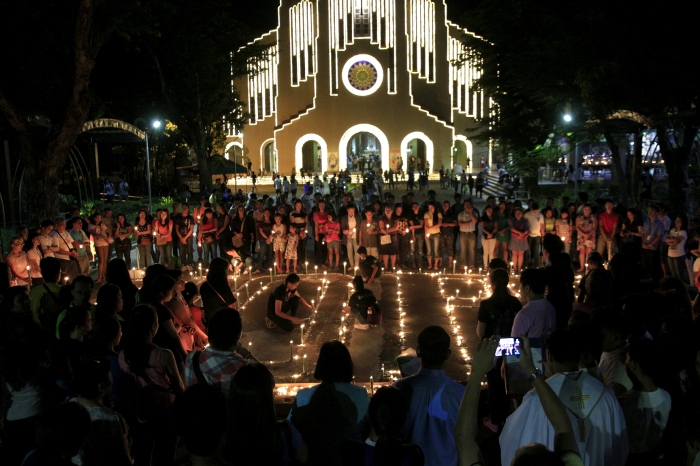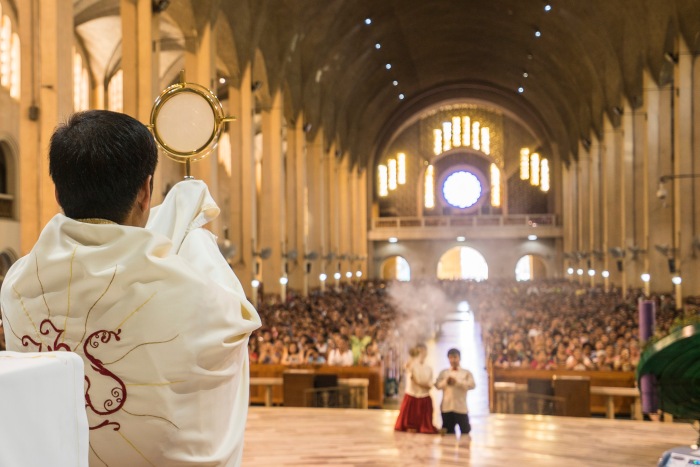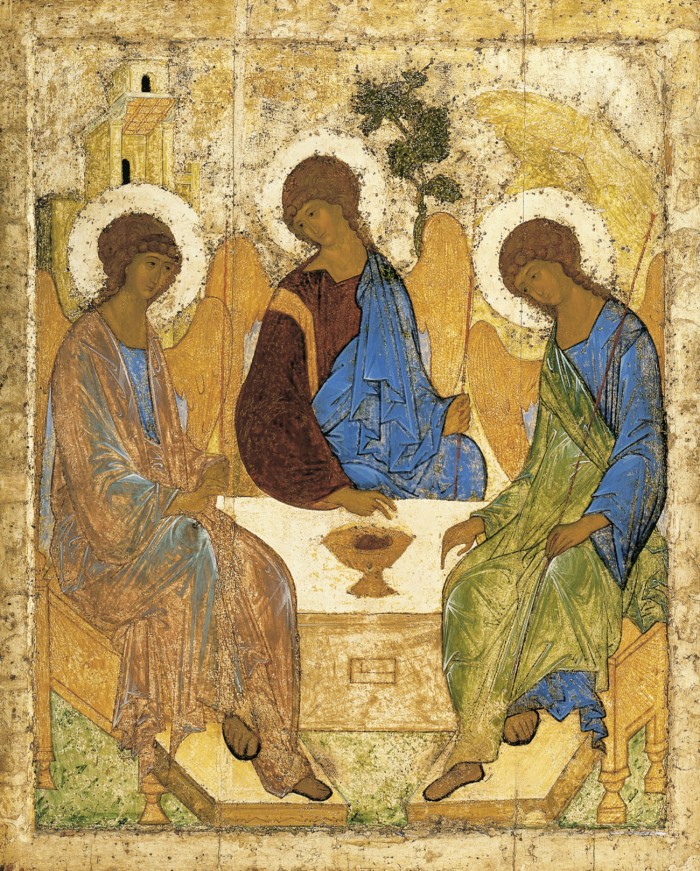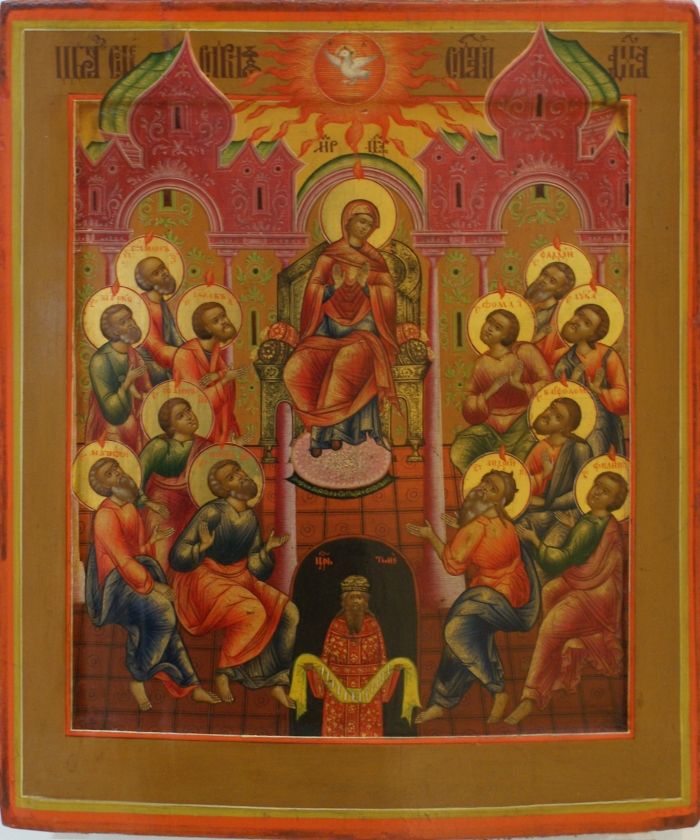
Christianity is much more than religion. It is a discipleship, an apprenticeship if you like; an apprenticeship with Jesus. What kind of apprenticeship does Jesus leads us to?
In the Gospel Reading today, Jesus said to his apostles:
“Whoever loves father or mother more than me is not worthy of me,
and whoever loves son or daughter more than me is not worthy of me;
and whoever does not take up his cross
and follow after me is not worthy of me.
Whoever finds his life will lose it,
and whoever loses his life for my sake will find it.”
This is shocking! Jesus is asking us to leave behind the greatest resource of our lives—our family—in order to follow him. Not just our family, Jesus asks us to lose our own lives so we can gain our lives in him. And what kind of life is he offering—the way of the cross. St. Paul in his letter to the Romans in the second reading calls this life, baptism into Christ’s death.
This is too much for us to accept, let alone, understand. No wonder, many of us have turned to religion. Christianity as a religion is easier to understand and to practice: Going to mass, receiving the sacraments, following the 10 commandments, and many other religious things. It also became a lot easier for the church to preach about religious matters like observing correct rubrics and moral issues like contraception, abortion, etc.
Jesus certainly did talk about religion. But he did so to challenge and critique the religious ways of his time which have actually alienated human beings from God and one another. Jesus instead talked more about God and how God’s kingdom is breaking out into the world.
To enter into God’s kingdom, Jesus called us to join a new family, a family beyond blood, race, culture, gender and yes, even religion. When we are members of this family, God is our Father and we are all brothers and sisters with Jesus our older brother. To enter into God’s kingdom, Jesus ushered us into an apprenticeship that not only taught us new values, ways of doing and living but sought the purpose of why we live. It is an apprenticeship fulfilling the meaning of life. In seeking the purpose of life, however, Jesus proposes an apprenticeship that goes against the popular routes that the world gives. Jesus’ apprenticeship is to trek the road less travelled. Unfortunately, it also implies going beyond what many people hold dear about their religion.
For Jesus the most important things are greater than matters of religion. Sometimes we talk more about religious liberty, catechism and the code of canon law than about Jesus’ gospel. It’s time once again to talk about Christ and his gospel values not just about a list of do’s and don’ts, doctrines, commandments, canon law, and obligation. We need to recover Jesus’ way of talking about faith—that faith is a change of thinking (metanoia) in accordance with God’s ways and thoughts.
This calls us to repropose the message of Jesus in our times today. Our world today is hostile and cold to the Christian message especially in secularized countries. This is worsened by the scandals in the church like child abuse and dubious lifestyle of some of the hierarchy. This should not deter us to proclaim the gospel of Jesus. As St. Paul said, “Woe to me, if I do not preach the gospel” (1 Corinthians 9:16). We need to proclaim the gospel in the way Jesus proclaimed it more than 2,000 years ago, bold and daring but also compassionate and hopeful. In word and in deed, we need to proclaim, what Pope Francis has proposed, the joy of the Gospel.
The purpose of the church is more than just calling people to the church to attend mass, liturgy and the sacraments. The church’s main purpose is to support and encourage people in their apprenticeship with Jesus. After all, the church is the members of the one body of Christ following, and many times stumbling, in their journey of apprenticeship with Jesus.



